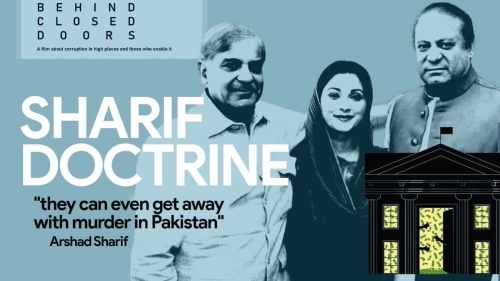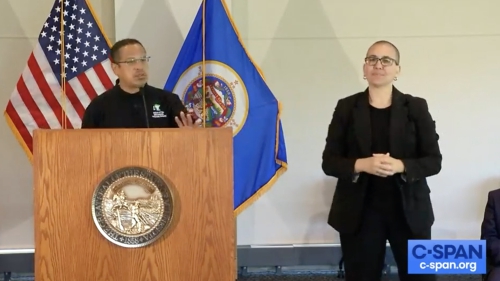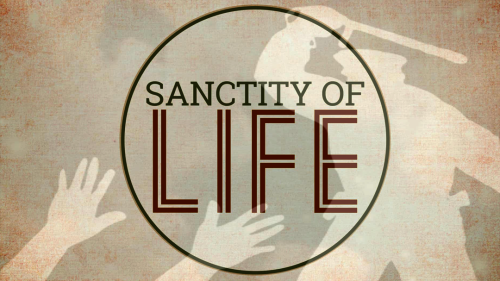Discrimination based on Dress
The issue of dress has long interested me as an independent researcher in the field of social interaction as it relates to dress. The affect religious attire has on people has especially intrigued me. Over the years I have tracked various cases of discrimination that were directly related to the person's chosen dress form, which identified them as members of a specific religious community.
Recently a new case came to my attention, which I believe illustrates the on-going mental state of many people who are finding themselves thrown into the controversy of dress and recognition of a religious community. It is the case of Chaplain Michael Taylor verses Justice Arthur Whealy of Canada's judicial system. From this case one finds people who do not recognize the discrepancy of treatment between different religious communities and those who do take notice to these discrepancies.
Justice Arthur Whealy banned Michael Taylor from the Ontario Court, general division, courtroom in 1993 during a criminal case when Taylor, a Chaplain, refused to remove his headcovering -- a traditional cap called a kufi.
Taylor was in court in order to provide support to black activist Dudley Laws who was on trial for alleged Immigration Act violations. Justice Whealy ruled that only male headcoverings that identified "a well-established and recognizable race, culture, national or religious community" could be worn in court. Since Taylor refused to remove his religiously significant headcovering, he was escorted out of the courtroom, by order of the judge.
The following day, Taylor returned, along with a handful of similarly dressed Muslim men. However the men were blocked from entering the court by two police officers and two court bailiffs.
The small headcovering worn by religiously faithful Muslim men is now the subject of a landmark case to be argued in Federal Court January 27. This has followed Taylor's long battle for justice in Canada. Taylor has been battling to have the Canadian Human Rights Commission confront Whealy for violating his religious rights. However, in 1996 the Commission declared that Whealy couldn't be subject to a discrimination hearing because he enjoys absolute judicial immunity.
Overall, Taylor has been fighting a loosing battle over this issue. Repeatedly judgements have been made protecting the judge's right to deny Taylor his religious rights inside the courtroom -- a place where you would expect the rights of citizens would be strongly defended.
In December of 1997, Justice Jean-Eudes Dubé, of the Federal Court trial division, upheld the commission's decision on the basis that a guarantee of access to "facilities" did not include the conduct of a judge in a courtroom.
However, it should be noted that religious headgear is not forbidden in Canadian courts. Jewish men often wear kippahs; Sikh men wear turbans. Therefore the issue is whether a Muslim man has the right to have the same privileges accorded him that Jewish men and Sikh men have when they enter a courtroom.
Rosenthal, the attorney for Taylor argues, "We must recognize we live in a multicultural society," calling Whealy's ruling "a serious affront to human rights and dignity."
Taylor is asking the Canadian Federal Court of Appeal to make it clear that when it comes to alleged religious rights violations, judges are no exception and can be brought before the nation's top human rights body.

















